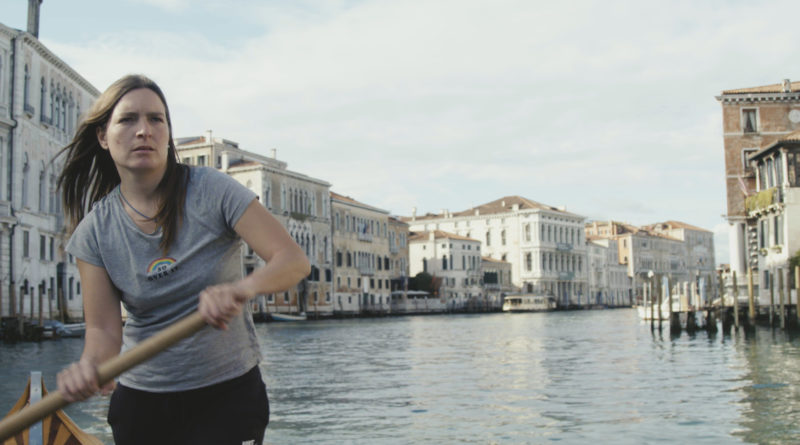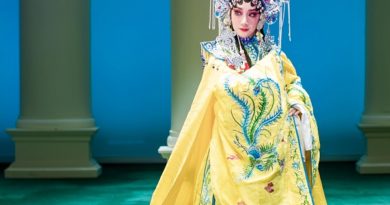Molecole: Andrea Segre’s Documentary opens the 77th Edition of the Biennale Cinema
Molecole by Andrea Segre manages to expose an intimacy of Venice that only last spring’s lockdown made it possible to discover.
As he navigates with two young oarswomen the deserted canals of Venice, Segre lets go the memories of his childhood, dominated by the figure of his father, who studied molecules and believed in matter as the substance of the world.
The molecules Segre talks about, those of the virus, accompany his journey. Invisible, they throw a curtain of icy silence over Venice, where only the cry of the seagulls, hovering far in the sky, echoes in a deserted St. Mark’s Square, never so empty, not even in the middle of the night.
In the tragedy of the pandemic, the image of Venice showed by Segre remains in the heart of solitude to give a reason to live.
Without the frenzy of a city suffocated by tourism, Venice admires the water without hysterical movements, with the tranquillity of a peaceful mirror, in an infinite calm.
An apparent calm, like the one you can read on the faces of the two girls who row tirelessly and take Andrea Segre in a suspended time that brings out from the calm waters again the memory of her father.
Inside the St. Mark’s Basilica, in the heart of Venice, stands a great marble slab that the Venetians call “the sea”. Now that this marble is not trampled on by anyone, its veins and the irregularities of the ground create a movement similar to small imperceptible waves.
Segre tells us about the respect of Venice and the Venetians for the sea, which has been watching over Venice for centuries, but at the same time threatens it, in a precarious balance between the need for solitude and the desire for fame.
_________________________________________________________________________________________________________________
Feature Image: Courtesy of La Biennale Cinema
Venice Film Festival 2019




